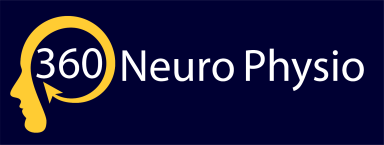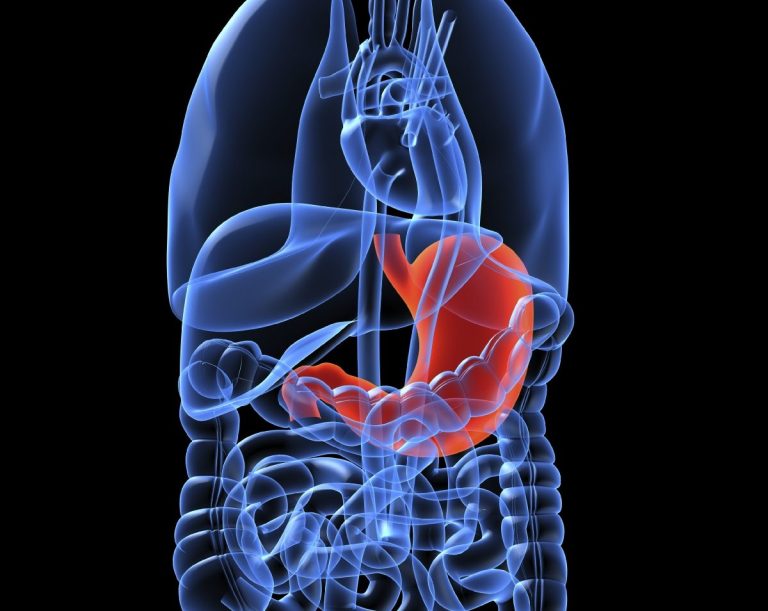Complete Specialist Rehabilitation.
360Neuro Physio Services
At 360Neuro Physio, we provide a wide range of specialised treatments designed to improve the quality of life of individuals with a variety of conditions. Our neurological physiotherapy focuses on restoring motor function, enhancing balance, strength, coordination, and addressing cognitive and sensory impairments.
We utilise the brain's ability to adapt and reorganise, offering effective solutions for acute, chronic and degenerative conditions. Through tailored strength programs, posture correction, and gait retraining, we aim to slow functional decline, enhance mobility, and promote independence.

Neuro Rehabilitation
Neurological Physiotherapy encompasses a variety of treatments and techniques which have an ultimate goal of improving the quality of life for individuals with neurological conditions.
Vestibular & Balance Rehabilitation
Vestibular therapy is a specialized branch of neurological physiotherapy focused on the assessment and rehabilitation of balance and dizziness disorders associated with vestibular dysfunction and sensory integration systems.
Acute and Chronic Musculoskeletal issues
Whilst Neurological Physiotherapy traditionally focuses on treating neurological conditions it can also play a valuable role in managing both acute and chronic musculoskeletal problems. In acute musculoskeletal conditions, neurological techniques can help re-establish more efficient movement patterns, reduce compensatory movements, and prevent chronic dysfunction.
Falls Prevention & Elderly Rehabilitation
Neurological physiotherapy plays a crucial role in falls prevention and elderly rehabilitation by addressing the underlying issues that affect balance, coordination, and mobility. As people age, neurological changes such as slower reflexes, reduced proprioception, muscle weakness and visual and hearing impairments can all increase the risk of falls.
Pre & Post-Surgery Rehabilitation
Neurological physiotherapy can be incredibly beneficial both before and after surgery, especially when it comes to optimising recovery and improving outcomes. In the pre-surgery phase, it focuses on strengthening muscles, improving joint mobility, and enhancing overall functional capacity.
General Health Promotion & Fitness Optimisation
Neurological physiotherapy can significantly contribute to general health promotion and fitness optimisation by focusing on improving movement patterns, strengthening muscles, and enhancing overall physical function.
360 Reflux Physio
Neurological physiotherapy can play a supportive role in managing conditions like gastroesophageal reflux (GERD) and hiatus hernia by addressing the musculoskeletal and postural factors that can exacerbate symptoms. Treatments such as posture correction, diaphragm and core strengthening, along with relaxation techniques can help improve the function of the abdominal and thoracic muscles, reduce pressure on the stomach, and enhance overall digestive health.
Ready to take the next step?
Schedule a consultation with specialist neurological physiotherapist, Katy Herbert, and discover how we can help you regain your mobility and independence.







